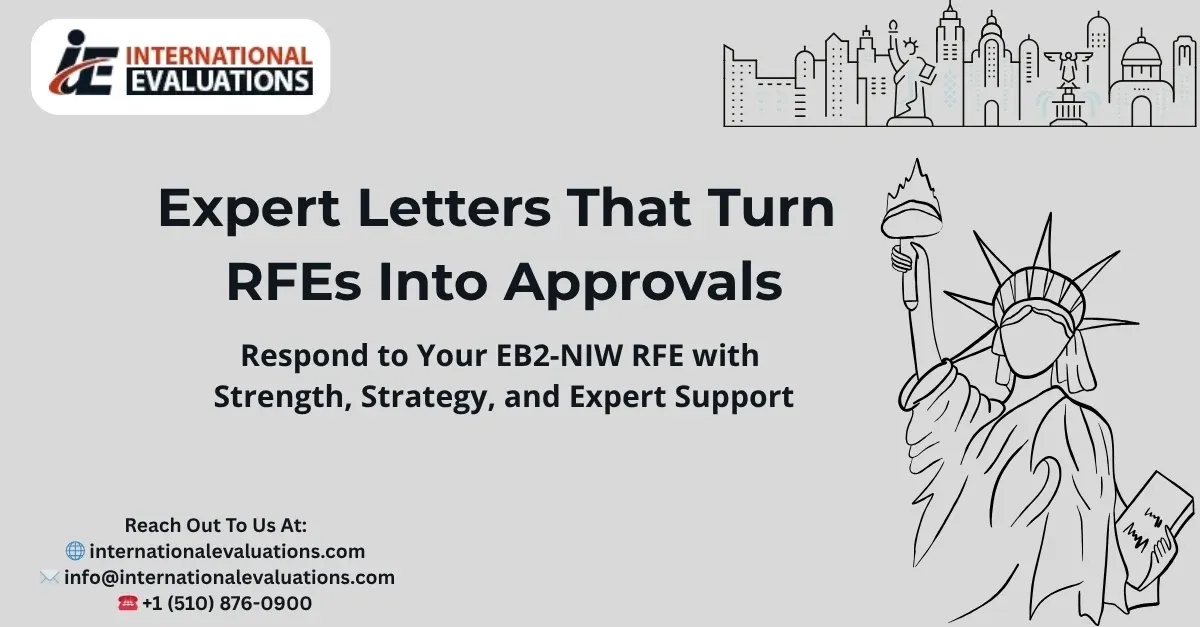Introduction
In a progressively globalized world, the requirement to assess work experience accurately has never been more vital. People aiming to advance their professions or relocate typically discover themselves browsing a maze of scholastic and professional qualifications from various nations. For employers and educational institutions alike, comprehending these qualifications is essential in making sure that they select the right prospects.
This post dives deep into Unlocking Possible: Comprehensive Work Experience Examination Techniques, checking out numerous methodologies, including academic credential evaluation, international credential evaluation services, course-by-course credential evaluation, and the importance of the expert viewpoint letter in making notified choices about prospective workers or students.
Unlocking Potential: Comprehensive Work Experience Examination Techniques
Evaluating work experience functions as a https://canvas.instructure.com/eportfolios/3927926/home/expert-point-of-view-letter-foreign-level-and-experience-evaluation bridge between specific possible and opportunity. Yet, how do we unlock this potential effectively? The response lies in a multi-faceted technique that includes various assessment strategies tailored to private needs and contexts.
Understanding Work Experience Evaluation
Work experience assessment examines an individual's professional background, skills, and competencies relative to task requirements or instructional standards. This procedure can substantially vary based upon area, industry, and particular roles.
The Value of Accurate Evaluation
Why is accurate work experience assessment important? Slipups can lead to bad hiring choices, mismatched instructional positionings, or unfinished career goals. It's necessary for employers and organizations to guarantee they utilize accurate techniques when evaluating qualifications.
Key Components in Evaluating Work Experience
Professional Background Check
A thorough evaluation of previous work history is vital. This includes confirming job titles, periods of work, responsibilities held, and achievements.
Skills Assessment
Understanding the abilities acquired throughout previous functions helps assess viability for future positions.
Industry Relevance
Examining whether past experiences line up with existing industry requirements is important for a significant assessment.
Academic Credential Evaluation

Types of Credential Evaluations
International Credential Assessment Services
When prospects have qualifications from foreign organizations, worldwide credential assessment services enter play.
What Are International Credential Examination Services?
These services examine foreign instructional qualifications versus regional standards. They provide insights into how degrees translate within the domestic education system or labor market.
Why Use These Services?
- To understand equivalency in terms of education level To help with smoother immigration processes To boost employability by validating foreign qualifications
Course-by-Course Credential Evaluation
What Is Course-by-Course Credential Evaluation?
This type evaluates each course taken throughout a prospect's education journey instead of simply supplying a total degree equivalency.
Benefits
- Detailed insights into specific courses carried out Enables organizations to make informed choices regarding credit transfers Supports applicants seeking additional education by highlighting strengths and weak points
Crafting Efficient Professional Opinion Letters
A specialist opinion letter serves as an important file in many evaluation procedures.
What Is a Specialist Viewpoint Letter?
This letter is composed by specialists who have know-how in assessing academic qualifications or work experience relative to market standards.
Why Are They Important?
Expert opinion letters serve several functions:
- Provide authoritative assessments Validate claims made by prospects about their experiences Enhance reliability throughout application processes
Steps for Carrying out a Thorough Work Experience Evaluation
Gather Documentation
Collect all pertinent files consisting of CVs, referral letters, and efficiency reviews.
Conduct Interviews
Direct discussions provide deeper insights into candidates' experiences and soft skills.
Use Standardized Tools
Utilize frameworks or tools developed for assessing abilities and experiences systematically.
Comparison Versus Standards
Line up findings with industry benchmarks to ascertain significance and value.
Compile Findings into Reports
Present results clearly for stakeholders' evaluation-- openness is key!
Challenges in Work Experience Evaluation
Recognizing Pitfalls
Despite best shots, challenges abound in assessing work experience properly:
Cultural Differences Variability in Job Titles Lack of Standardization Throughout Areas
How to Conquer These Challenges?
- Train critics on cultural competency. Utilize databases that clarify job title equivalencies across industries.
FAQs
1. What does academic credential evaluation entail?
Academic credential assessment typically includes evaluating degrees gotten from various organizations worldwide to identify their equivalency in another country's education system.
2. Why are international credential examination services necessary?
They assistance validate foreign qualifications so that people can gain work or admission into curricula without confusion over their qualifications' legitimacy.
3. What differentiates course-by-course credential assessment from routine evaluations?
Course-by-course evaluations examine each private course taken throughout one's education instead of merely evaluating the degree as a whole.
4. How does a professional opinion letter support my application?
An expert opinion letter offers authoritative support for your claims concerning your certifications or experiences and can considerably reinforce your application's strength.
5. What are common challenges dealt with throughout work experience evaluations?
Common obstacles consist of cultural differences affecting interpretations of roles/skills, irregularity in job titles across regions, and absence of standardization causing confusion over equivalencies.
6. How can I get ready for a work experience evaluation?
Gather extensive documents like your CV/resume, references from previous companies, efficiency reviews if offered, and be prepared to discuss your experiences candidly throughout interviews.
Conclusion
As we've explored throughout this post on " Unlocking Potential: Comprehensive Work Experience Examination Techniques," it's clear that reliable evaluations depend upon nuanced understanding and careful execution of a number of approaches-- ranging from academic credential assessments to professional opinion letters that lend credence to personal narratives.
Employers need to embrace these detailed strategies not simply as bureaucratic requirements however as opportunities to empower individuals through fair evaluations-- ultimately opening the large capacities concealed within diverse backgrounds worldwide! By investing time in refining these methods today, organizations can build more powerful teams tomorrow while people can navigate their profession paths with clarity and confidence.